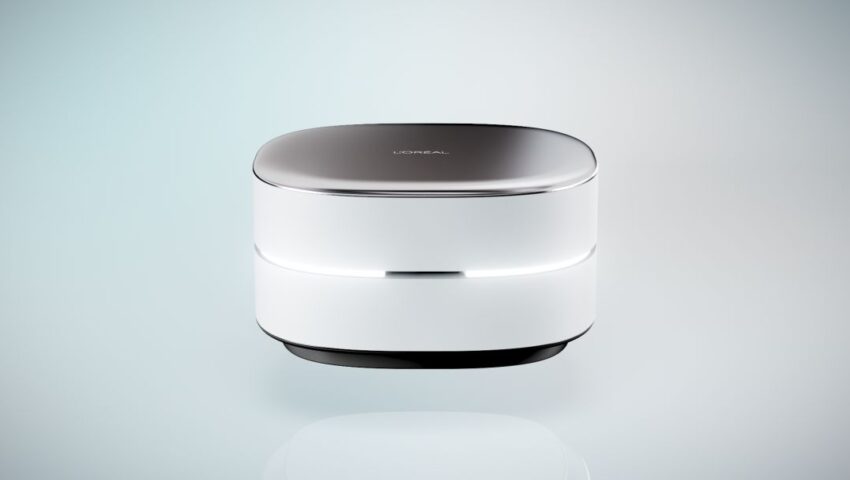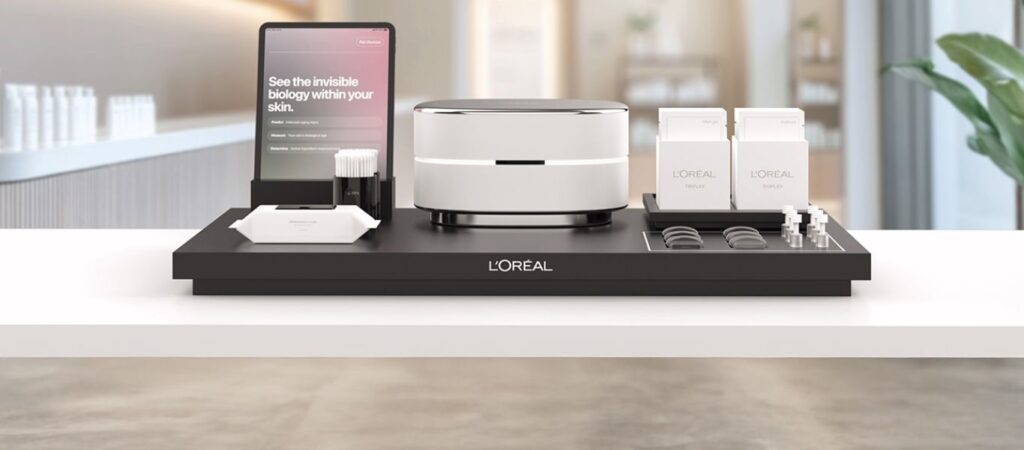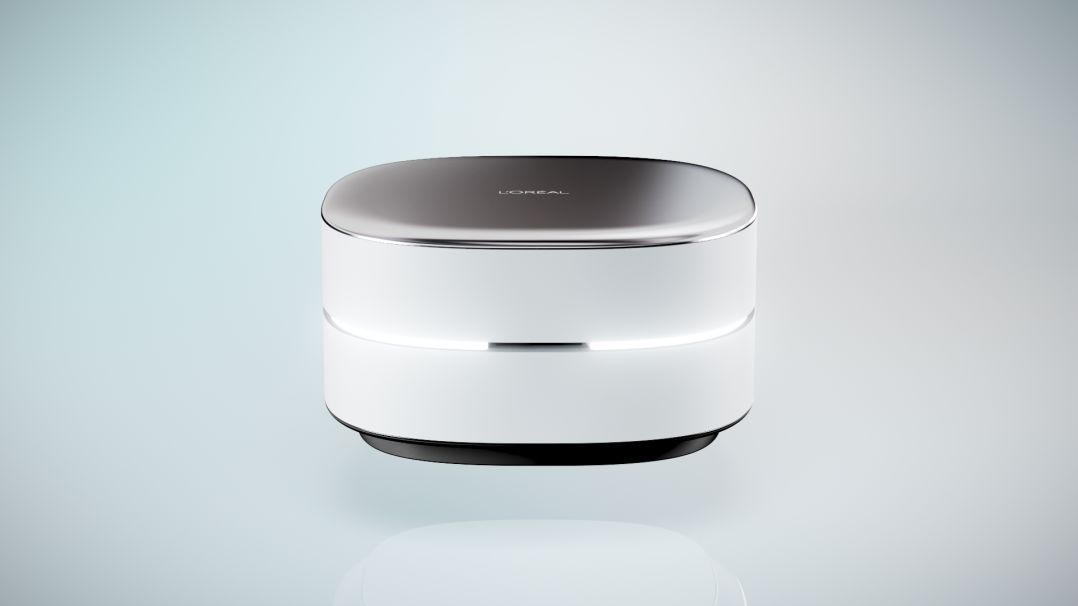L’Oréal Cell BioPrint: The Future of Skincare Fits in the Palm of Your Hand

Technology doesn’t replace beauty—it enhances it. And L’Oréal Cell BioPrint is undoubtedly an example of how science and aesthetics can go hand in hand to create smarter, more personalized, and conscious experiences.
Welcome to the New Generation of Beauty Tech
magine that your skincare routine no longer starts with a mirror, but with a cutting-edge cellular scanner. That’s what L’Oréal Cell BioPrint offers, a revolutionary device that’s marking a before and after in how we understand skin care.
This groundbreaking gadget was officially presented at CES 2025 (the world’s most important technology event), and yes, it was one of the most talked-about launches.
What Exactly Is Cell BioPrint?
It’s a portable device that uses microfluidic technology — the same technology used in biomedical laboratories — to extract and analyze living skin cells from the surface, without pain or aggression.
In just 5 minutes, the device:
- 📊 Scans skin cells non-invasively
- 🧪 Evaluates indicators like hydration, elasticity, oxidative stress, and more
- 📋 Provides a personalized diagnosis in real-time
- 📦 Recommends specific formulas or active ingredients tailored to your skin’s current state
Skincare That Anticipates, Not Reacts
What’s truly innovative about Cell BioPrint is not just its precision, but its philosophy: shifting from a reactive to a proactive and preventive skincare model. This means you can anticipate imbalances, sagging, irritation, or dullness before they become visible.
With this approach, your skin doesn’t just “look good” on the outside, but functions better from the inside.
Science, Luxury, and Accessibility (Coming Soon)
Although for now Cell BioPrint is expected to be initially available in dermatology clinics, high-end spas, and specialized boutiques, L’Oréal has announced plans to democratize access to this technology in the coming years.
The ultimate goal: to have everyone with an intelligent skin assistant at home, guiding their skincare routine with cellular precision and real data.

¿TE GUSTO ESTE ARTÍCULO ? COMPARTELO EN






